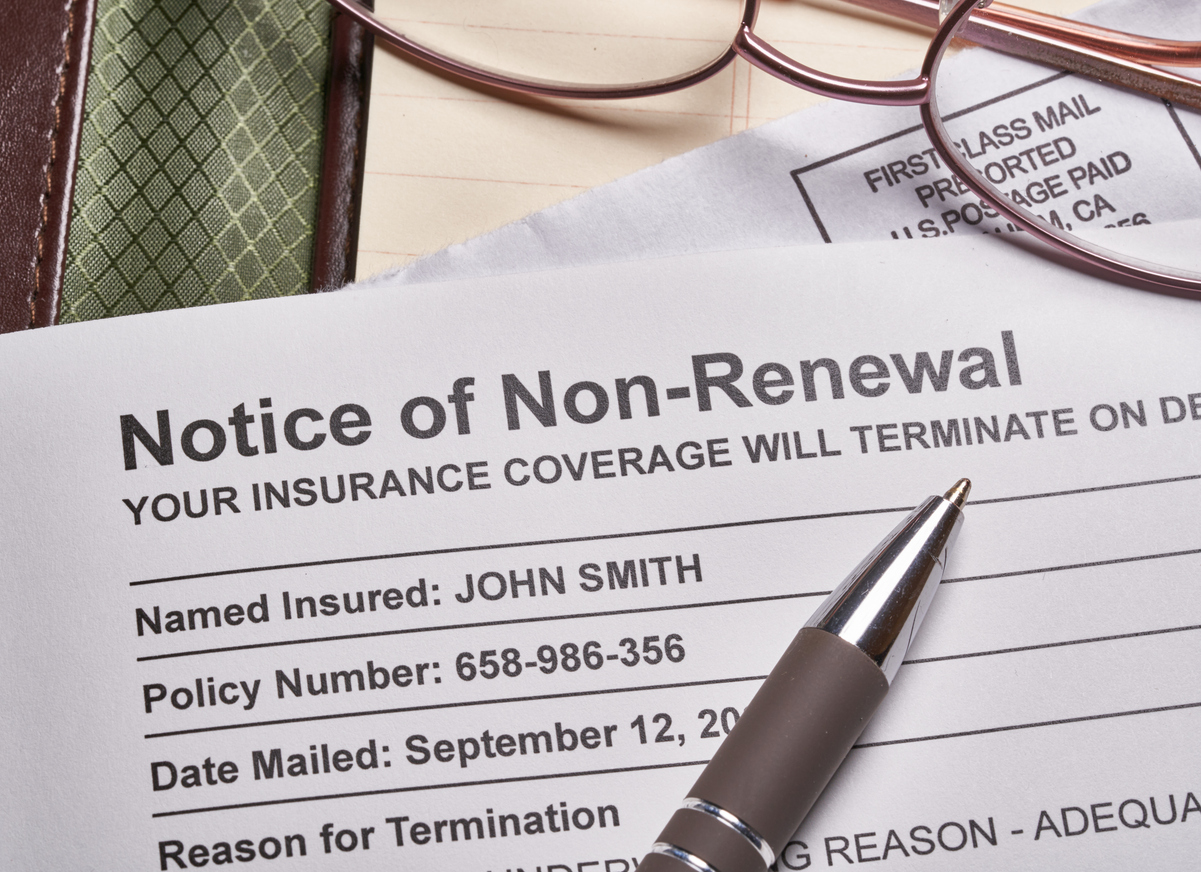If you’re a repeat reader of the Property Insurance Coverage Law Blog, you have likely come across a reference to one of Bill Wilson’s most important policy interpretation doctrines: RTFP!1 or “Read the full policy.” But what happens when you encounter a conflict not contemplated in the policy? Or worse yet, are not aware that consumer protections exist that can assist claim handling and broaden or clarify coverage?
California has an active legislature that makes an effort to protect policyholders. Unfortunately, all too often—and especially following devastating wildfires—out-of-state insurance adjusters are sent to handle claims in California without the proper knowledge or understanding of the California Insurance Code or the California Code of Regulations. If you represent policyholders, or are one yourself, you cannot depend on the insurance company adjuster to know the rules of the game. It is up to you to be informed on new legislation that may override policy language or expand on consumer protections in claim handling.
In this California mini-series, we will discuss three bills that contain policyholder protections that every public adjuster, attorney, or policyholder should be aware of that take effect in 2021:
AB 3012
Assembly Bill number 3012 provides many protections to policyholders, but three are particularly noteworthy:
1. 30% of contents coverage owed without an itemized claim following a loss resulting from a state of emergency.
California Insurance Code § 10103.7(b)(1) is amended to read:
“In the event of a covered total loss of a primary dwelling under a residential property insurance policy resulting from a state of emergency, as defined in Section 8558 of the Government Code, if the residence was furnished at the time of the loss, the insurer shall offer a payment under the contents (personal property) coverage in an amount no less than 30 percent of the policy limit applicable to the covered dwelling structure, up to a maximum of two hundred fifty thousand dollars ($250,000), without requiring the insured to file an itemized claim.
While many insurers have adopted the practice of advancing contents proceeds, and the voluntary claims handling reforms have called for insurers to advance 25% of policy limits, there is certainly a difference between may and must. This section is limited to residential total losses resulting from a state of emergency, and only to furnished homes up to $250,000. To collect additional benefits above 30% of the policy limits, the insured must create a contents inventory unless their insurance company waives the requirement.
This section is effective as of January 1, 2021.
2. Land value deduction is prohibited.
In the event of a total loss, California Insurance Code § 2051.5(c)(1) allows an insured to transport the benefits owed to them to rebuild at a new location or to purchase an already build home elsewhere. This includes payments for any extended replacement cost and building code coverage that would have been owed based on the home that suffered the loss.
Unfortunately, many policyholders who decided to take advantage of this code section, and purchase an already built home, ran into an issue that left them less than indemnified – some insurers have been deducting the value of the new property’s land from the owed policy benefits. This deduction has ranged from tens of thousands of dollars for some, and millions for others. Whether insurers are legally able to make this land deduction for losses prior to January 1, 2021, is still seemingly unclear.
AB 3012 states that a deduction for the value of land is not permitted. California Insurance Code § 2051.5(c)(2) is amended to read:
Notwithstanding any other law, for a residential property insurance policy, the measure of damages available to a policyholder to use to rebuild or replace the insured home at another location shall be the amount that would have been recoverable had the insured dwelling been rebuilt at its original location, and a deduction for the value of land at the new location shall not be permitted from that measure of damages. However, the measure of indemnity shall not exceed the cost, including the building code upgrade cost and any extended replacement cost coverage, if applicable, to rebuild the insured structure at its original location. (emphasis added)
This section is effective as of January 1, 2021, and is not retroactive to losses that occurred before this date. However, while it may not be binding on insurers for losses that occurred prior to 2021, policyholders may be able to cite it to show the intent of the legislature. United Policyholders has an article, Buy or Rebuild, that outlines a handful of arguments as to why insurers should not have been taking a land value deduction.
3. Civil Authority Coverage – two-week extensions.
As wildfires approach communities, evacuation orders are put in place and policyholders are forced to leave their homes. Many policies provide coverage under “Loss of Use” if a civil authority order prohibits a policyholder from the use of their home, but often for no more than two weeks. In 2020, many communities were forced to evacuate for more than two weeks and were also left unable to return to assess damages.
AB 3012 helps resolve this issue by requiring two weeks of additional living expenses and additional extensions for good cause. California Insurance Code § 2060(c) is amended to read:
For a loss that is otherwise not subject to subdivision (b) or (c), in the event of a state of emergency, as defined in Section 8558 of the Government Code, that is accompanied by an order of civil authority restricting access to the home, related to a covered peril, additional living expense coverage shall be provided for at least two weeks. Additional extensions of two weeks shall be provided to a policyholder for good cause, but shall be subject to other policy provisions.
Check out the rest of AB 3012 here. Look out for the next California blog on SB 872 and AB 2756.
______________________________________________
1 Bill Wilson. When Words Collide: Resolving Insurance Coverage and Claims Disputes. (2018).




